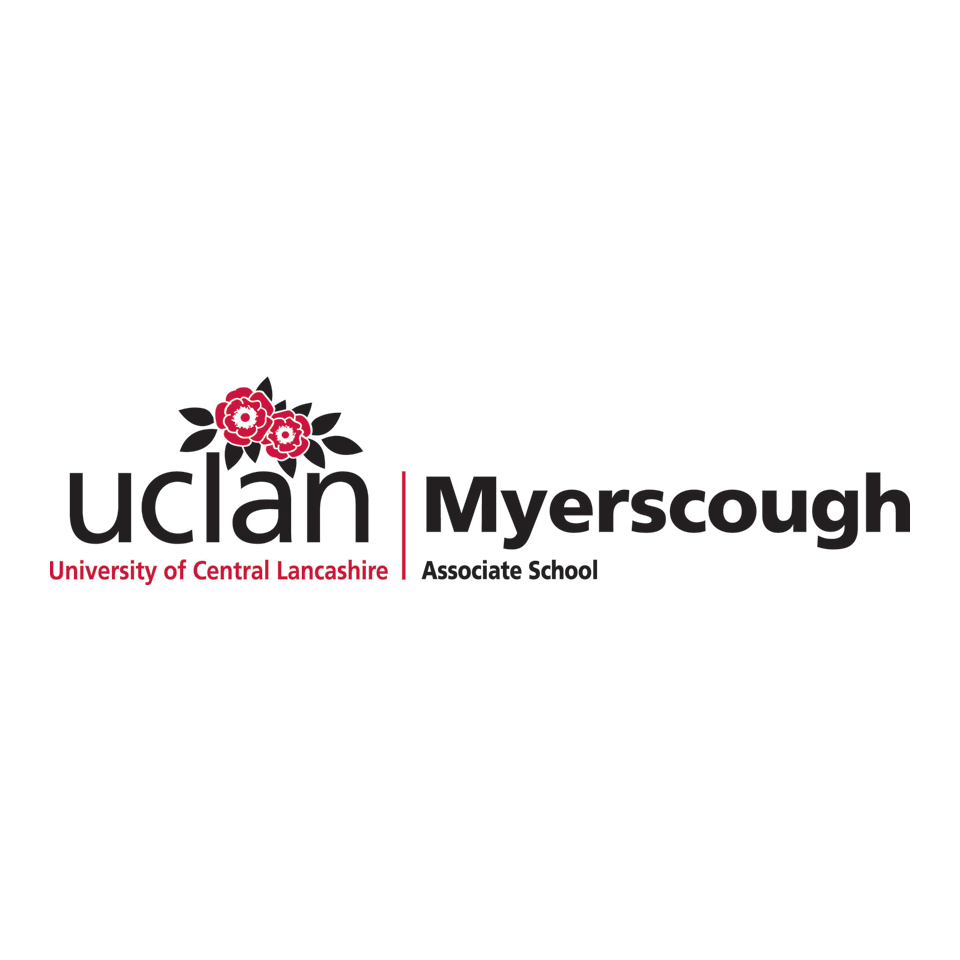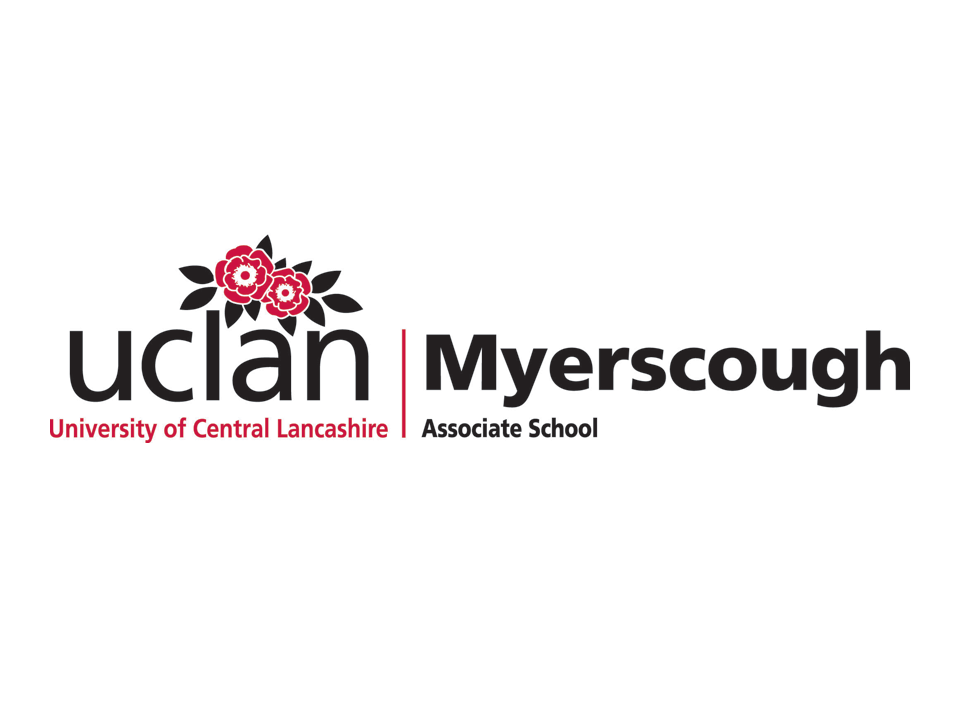Course modules
Year 1
Principles and Practices of Turfgrass Management (Double module)
This module aims to develop underpinning knowledge and skills necessary to establish and manage sportsturf playing surfaces. You will learn about the fundamental practices for the management of natural turf surfaces and the equipment and machinery used for these. Topics include mowing, irrigation, fertiliser application , topdressing, and aeration. The underlying science of these and other operations is discussed together with their practical application. Establishment of turf surfaces from seed and vegetative means is also covered.
Academic and Vocational Skills
Working in industry will require sportsturf professionals to develop a range of practical and professional skills. This module provides you with first-hand work-related experience of a range of practical and technical skills as well as developing your ability to present information in a suitable academic and professional style. You will be encouraged to evaluate and reflect on your own personal development throughout the module. The module will provide the foundation for further development of individual skills through independent study in the ‘Industry Project’ module.
Essential Plant and Soil Science
Plants and soils have a very close relationship. This module will look at the biochemistry and physiology of plants and how these are affected by the plant’s environment. You will consider the characteristics of the soil environment and how these impact on plant growth and land use. The mechanisms by which plants can express the genetic information coded in their DNA and pass this on to the next generation will also be explained.
Turfgrass Growth & Development
This module aims to equip students with the fundamental skills and knowledge to understand the anatomical and physiological factors involved in the growth and development of turfgrasses in the sportsturf environment. The characteristics and features of both cool and warm season grasses are evaluated. Grass plant morphology and physiology are discussed and effects of the environment and also management practices on the grass plant reviewed.
Performance Management of Sportsturf Surfaces
The use of performance measures is now standard practice in the sportsturf industry. Their use can inform management decision making for quality surfaces. This module will equip you with a clear understanding of the methodology and process of performance quality testing for a range of sports turf surfaces. You will learn about the various testing equipment , protocols, and standards for a range of sportsturf surfaces.
Year 2
Research Methods
Experimental design and data analysis are core themes in this module. It will introduce concepts of statistical testing and further develop skills in presenting and interpreting results of scientific investigations. The module will give students vital skills in formulating research questions and designing an effective experiment.
Environmental Plant Physiology
This module builds upon the knowledge of plants gained in previous plant science modules. It aims to extend your understanding of how plants interact with their environment and relate this to the management practices employed in industry. It will also consider how plant physiology is influenced by changes in environmental conditions, such as those associated with climate change, and how changes in a plant’s environment lead to changes and adaptations to plant processes that allow them to survive in a range of different environments.
Industry Project
You will use the skills developed in earlier modules to identify a suitable industry related project. Through planning, executing and then reporting on the project outcomes, you will be encouraged to use the industry project to develop your own personal skills as well as professional working relationships with industry contacts. Theories and skills of project management will be developed through supporting lectures.
Environmental Management & Sustainability
Today sportsturf managers must recognise the need for sustainable management practices and environmental stewardship. This module aims to explore the relationship between a golf course or other sports facility and the environment in which it exists and the sustainable management of landscapes and material inputs. Topics covered will include ecology and habitat management, sustainability, and responsible resource management.
Sportsturf Surface Construction & Drainage Systems
Successful sportsturf installations will have purpose designed constructions and bespoke drainage systems. Different construction and drainage systems, their related benefits and disadvantages and the management of sports surface drainage will be discussed here. You will explore the design between concepts the range of sportsturf and golf construction and drainage systems currently available.
Integrated Pest Management
Natural grass surfaces used for sports and other recreations are subject to the ingress of various pests, diseases and weeds which can significantly impact on the quality of the surface sometimes adversely affecting play. It is necessary to have the appropriate diagnostic skills, knowledge and understanding of these pests, diseases, and weeds for their management. An integrated approach being mindful of the environmental impact of any control measures is essential.
Entry requirements & additional information
Entry requirements
5 GCSE passes at Grade C (4) or above (including Maths and English or equivalent)
Plus 48 UCAS Tariff points from one or more of the following:
- 2 A-levels (A2), at least one at C or above
- BTEC/C&G Level 3
- 2 Scottish Highers at C or above
- 3 Irish Highers at C or above
- International Baccalaureate at 24 points
- NVQ Level 3 in a relevant discipline
AS levels, BTEC Subsidiary Diploma and Scottish Intermediate 2s may be used to contribute to entry requirements but they are not sufficient for entry on their own. Alternative equivalent qualifications will also be considered positively.
Applicants who believe they may be eligible for Accreditation of Prior Certificated and/or Experiential Learning (APCL/APEL) for certain modules will be considered on an individual basis.
Applicants for whom English is a second language must be able to demonstrate proof of International English Language Testing System (IELTS) at level 6.0 (with no component score lower than 5.5) or equivalent.
All offers may be subject to successful interview.
Learning and assessment
Assessment:
Students will face a variety of assessments including a combination of coursework and unseen examinations. The coursework assessment methods will include technical reports, portfolios, group and individual presentations, laboratory/practical reports, and extended project work. The students may be required to produce work in a range of formats, such as the production of leaflets or research posters.
Learning Environment:
Learning activities on the course are diverse, including lectures, seminars, tutorials, practical sessions and workshops.
Students are expected to undertake extensive independent study and research to support lectures, seminars and assessments. Group work and group presentations form an important part of the course. Students will have access to specialist IT hardware and software, an on-line learning environment and reference facility.
Additional Information:
The course utilises the College sports facilities: 9-hole golf course, winter games pitches and a full size third generation artificial football pitch for teaching, practical activities, and scenario-based exercises.
The department has a close working relationship with a large number of industry bodies, golf, and sports clubs. Teaching is supported with a range of guest speakers, visits to top class sporting venues and trade shows additionally we are supported by Baroness Mowers and Kubota UK.
For those employed in golf greenkeeping there will be the opportunity to apply to become an R&A scholar and receive a bursary and support from The R&A.
What work experience can I get?
There is also the option to intercalate and take a gap year to work in the industry anywhere in the world. This enables students to gain experience in a real working environment as well as increasing employment prospects. Students can undertake periods of industry experience at a range of prestigious golf clubs and sports grounds, e.g. St Andrews, Wimbledon AELTC, Queenwood Golf Course, The Belfry.
There is no formal work placement on this course. The Academic and Vocational Skills and Industry Project modules will utilise both on and off-site working environments to provide the opportunity for students to develop real practical and technical skills and help prepare them for employment in their chosen subject area.
Progression
On successful completion of the course, students may apply for BSc (Hons) Turfgrass Science and Management in one further year of study.
Careers
Examples of possible careers included:
Head Groundsperson
Head Greenkeeper
Golf Course Manager
Local Authority Grounds Manager
Industry Sales & Marketing Professional
Special requirements
Additional costs for items that are essential for the course:
- Laboratory coat - £20
Additional costs for opportunities and items that are optional for the course include:
- Waterproofs and safety boots - £100
Latest news, Sportsturf
-
Myerscough named among top turf influencers in the UK
- Published
- Tuesday 17 December
-
Hard work is par for the course for Myerscough’s first ever ‘Apprentice of the Month’
- Published
- Tuesday 10 December
-
New alumni network marks quarter of a century of sportsturf apprenticeships at Myerscough
- Published
- Monday 21 October
-
Myerscough apprentice recognised in BIGGA Student Greenkeeper of the Year
- Published
- Wednesday 11 September
-
Triple nomination for Myerscough learners at national greenkeeper of year awards
- Published
- Monday 24 June


